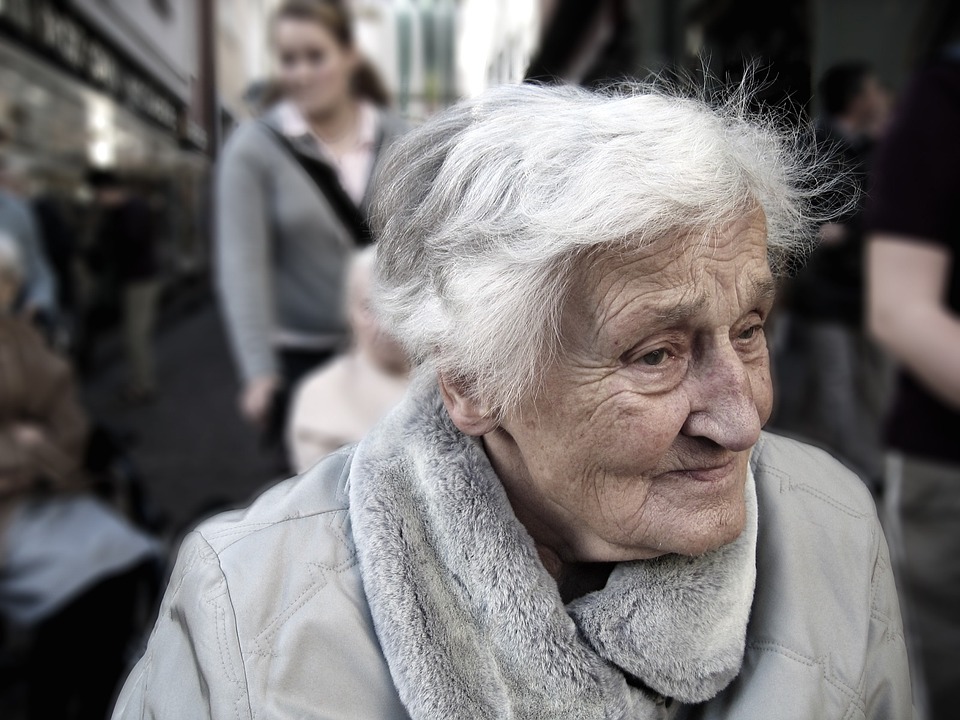A rapidly increasing number of elderly Americans rely on continued, round-the-clock care. This segment of the population is particularly vulnerable to emotional and physical abuse at the hands of their caregiver. For reasons such as this, some American’s might look for services similar to In-Home Senior Care Services in Bethlehem, PA, where a solution for home care might be able to be worked out.
It is up to you as their loved ones to look for signs of abuse. If you find any of these signs of abuse on your loved one, contact an attorney experienced in elder abuse cases, like Dolman Law Group, to hold those responsible to account.
Strange Marks
Unexplained marks are often the first sign of a caretaker being too rough with your loved one. Cuts, bruises and abrasions could indicate nursing home abuse. Ask your elderly loved one how the marks came about, if you are unsatisfied with the answer, talk to the nursing home staff.
Dehydration
Neglect is a form of nursing home abuse. Your loved one should be getting enough to eat and drink to satisfy their needs. If your loved one is consistently dehydrated, it could mean that the staff is neglecting them, amounting to elderly abuse. If you notice this happening to your loved one or someone you know, try persuading them to hire an elder law attorney in Denver or any nearby city to assess the situation.
Unexplained Transactions from Bank Accounts and Credit Cards
Financial exploitation is another form of elder abuse. A caregiver could be unlawfully using your loved one’s credit cards or bank accounts for personal financial gain. Keep an eye on any suspicious transactions that may appear on statements and raise the issue with your loved one.
Poor Personal Hygiene
In a nurtured and caring environment, your elderly friend or relative should be washed regularly, their clothes should be changed, and their hair should be clean. If these things are not happening, they may be suffering from neglect or abuse.
Emotionally Withdrawn
Not all abuse is physical. Sometimes, your elderly loved one may be subjected to verbal abuse, threats, intimidation, or even sexual abuse by staff members at a nursing home. Such mistreatment can cause them to withdraw emotionally, becoming distant, uncommunicative, or visibly anxious and agitated.
Of course, witnessing this decline in their well-being is heartbreaking. In such distressing situations, it’s therefore important to reach out to an attorney from firms like Schuerger Shunnarah Trial Attorneys (who can be reached via https://www.warforhou.com/houston-nursing-home-abuse-lawyer). Depending on the severity of the abuse, the attorney can tirelessly fight for justice and seek appropriate penalties for your elderly loved one. In more severe cases, they may even pursue legal action against the staff members, potentially resulting in the loss of their license.
Caregivers Try to Stop Unexpected Visits
If a caregiver is abusing an elderly patient, chances are they don’t want their family or friends showing up unannounced. If the elderly patient has just suffered from the abuse their behavior could alert the family of the underlying abuse.
Therefore, often the caregiver will find reasons to deter the family from paying the patient unexpected visits. If the caregivers are advising against unexpected visits and making arbitrary rules, ask why and get to the bottom of it. Also, be especially vigilant for any other signs of abuse taking place.
An Unexpected Change in Behavior
If your loved one has never expressed a feeling of anxiety or insecurity before, and you suddenly find them startling easy, worrying about minor details or experiencing a severe lack of sleep, it could be a sign something is amiss.
Similarly, if your loved one has always wanted to stay at home and read, and suddenly wants to be out with you instead of tucked up in the nursing home with a good book, it could indicate there is something they find uncomforting about the home.
Any sudden change in behavior in elderly loved ones is worth investigating to ensure they are safe and secure in their living environment.

